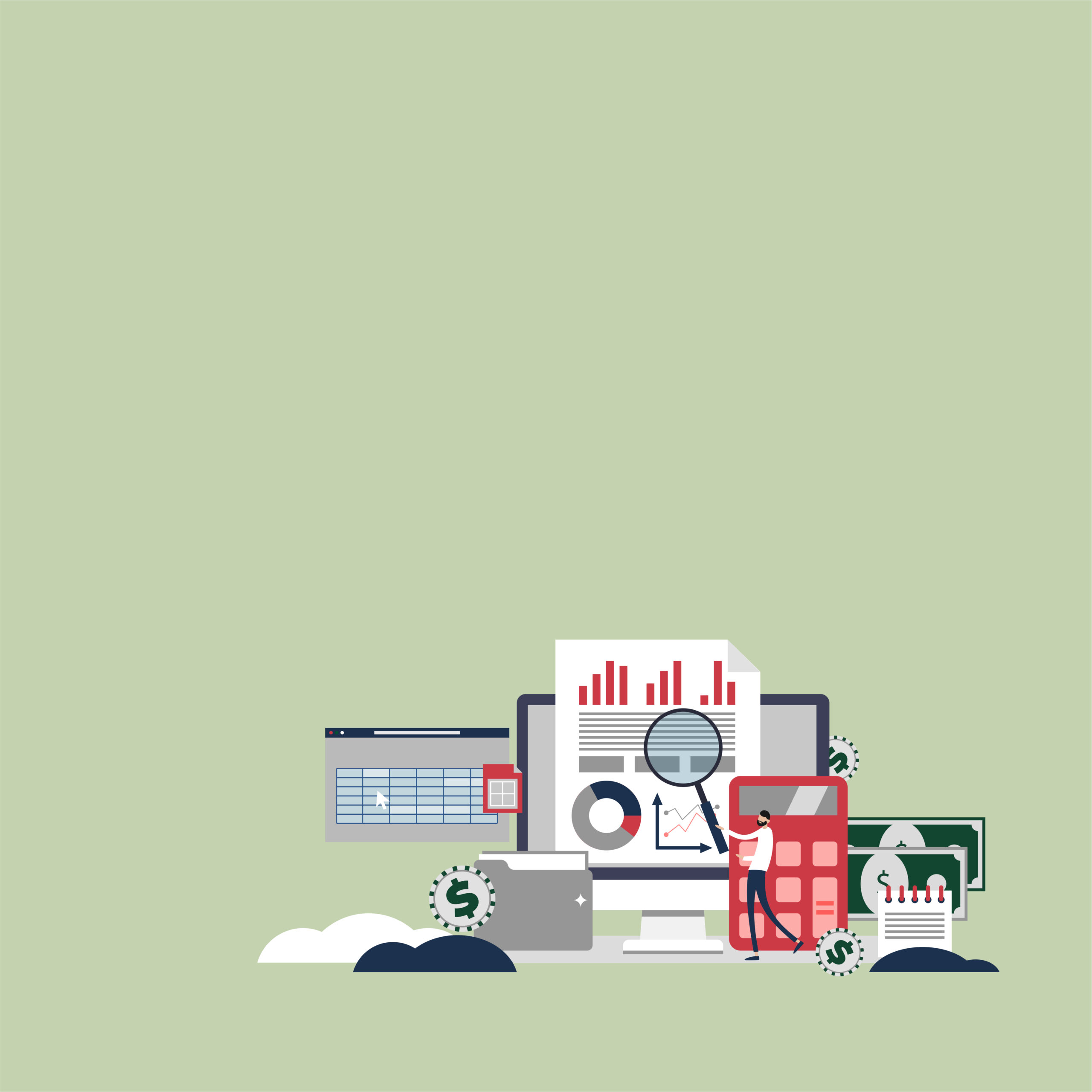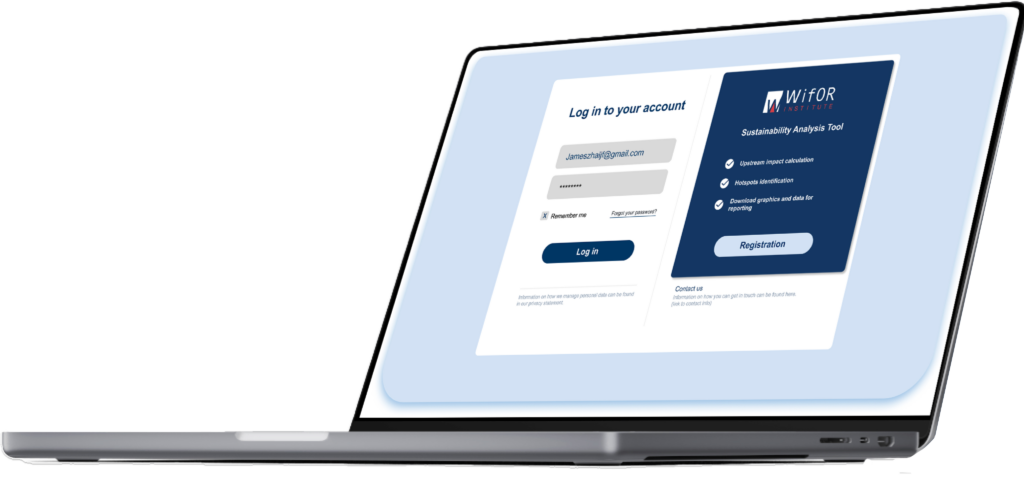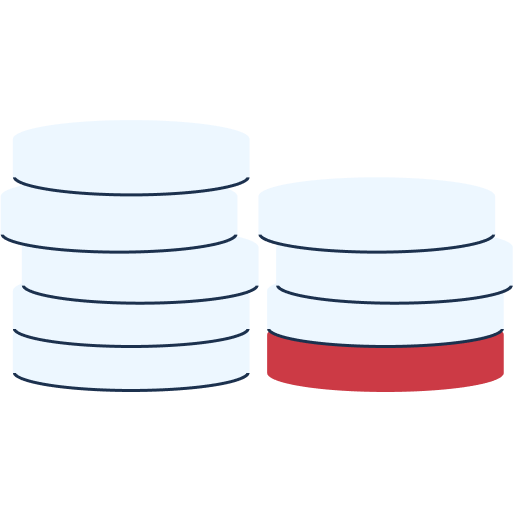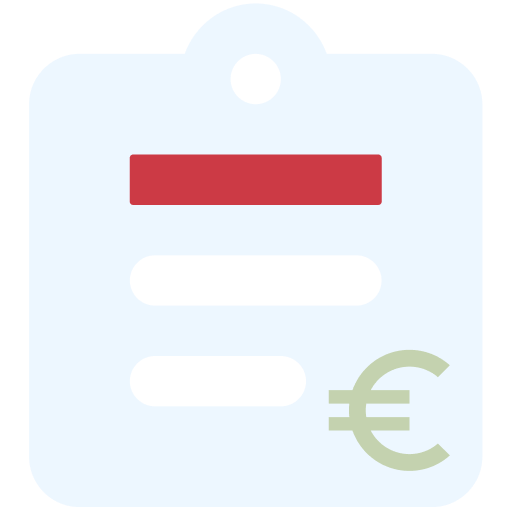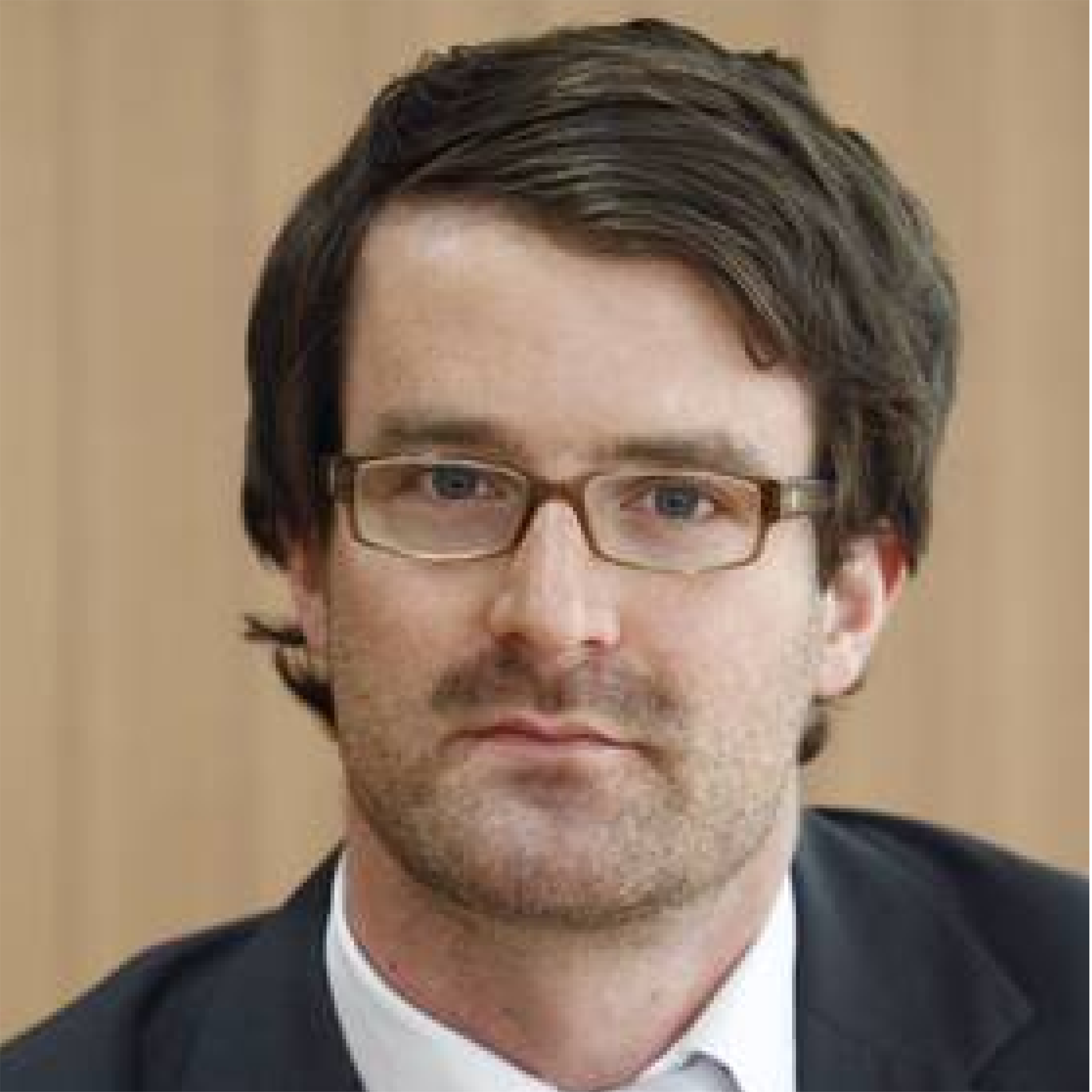Sustainability Research
Which factors determine an organization’s social, environmental, and economic footprint? What do decision-makers need to support the sustainable development of our society, environment, and economy? Valid data is the key to assessing the impact of corporate activities holistically.
As experts in macroeconomic analysis, WifOR Institute provides such data for companies, associations, foundations, and ministries. Our mission is to set global standards in Impact Measurement and Valuation and make data transparent and comparable worldwide.
What is Sustainability Research?
Sustainability research at WifOR examines social, environmental, and economic interrelationships using scientific and interdisciplinary methods. Macroeconomic analyses are applied to determine the impacts of corporate activities – from the extraction of raw materials to the finished sales product.
WifOR’s sustainability research is categorized into social, environmental, and economic impact. This approach offers a holistic overview of organizations’ and industries’ impacts while also delivering actionable insights for addressing sustainability issues.
Research projects either focus on a specific dimension of impact (e.g., Scope 3 Assessments or a company’s Economic Footprint) or follow a multidimensional approach (e.g., SEE Impact Valuation). Our SEE Impact Valuation model contains over 170 impact indicators, can deep dive into the sustainability dimensions (social, environmental, economic) and provides in-depth impact analysis as the foundation for sustainability management.
Social, environmental, and economic indicator examples:



Use cases for WifOR’s Research
WifOR’s research enables companies, organizations, and industries to:
- Measure and understand social, environmental, and economic impacts
- Comply with legal or regulatory requirements
- Develop strategies to communicate impacts and sustainability performance
- Incorporate sustainability metrics into business decisions and prioritize sustainability targets
Use Case Overview:

Reporting and Investor Relations
- CSRD/ESRS
- Supply chain due diligence laws (CS3D)
- TCFD and TNFD | ISSB
- Integrated Reporting and Impact Accounting

External and internal Communications
- Country & stakeholder perspective – local content
- Global and regional impact narrative
- SDG contribution
- Enriched stakeholder dialogue

Procurement and Supply Chain Management
- Supplier screening and engagement
- Prioritize efforts
- Set targets
- Improved decision-making

Strategy and Holistic Steering
- Overview of social, environmental, and economic impact
- Comparability and benchmarking
- Improved decision-making
Product Overview
What are the advantages of WifOR’s Research?
WifOR collaborates with internationally recognized standard-setting bodies, statistical authorities (e.g., Worldbank, OECD.Stat, Eurostat), and is a scientific partner of the Value Balancing Alliance. We are pursuing a globally consistent set of Impact Measurement and Valuation standards.
To ensure the validity of our data, we use renowned macroeconomic models and scientific methods based on peer-reviewed publications. Our model is considered the most comprehensive and up-to-date EEIO model on the market, benefiting from ongoing yearly updates and close alignment with official statistics.
As WifOR’s data and calculation methods are fully transparent, we:
- Help you implement impact metrics in your organization
- Ensure you own and understand your data
- Guide you in explaining your data to stakeholders
- Support you in the auditing process
Our analyses and reports are widely recognized and valued by decision-makers worldwide. Since its foundation in 2009, WifOR has successfully implemented over 650 projects in more than 55 countries. The diverse client base includes associations, ministries, companies, and NGOs.
Do you want to measure and improve your organization’s impact or present it transparently to your investors? Then please contact us for further information.
Latest articles from WifOR’s Sustainability Research
-
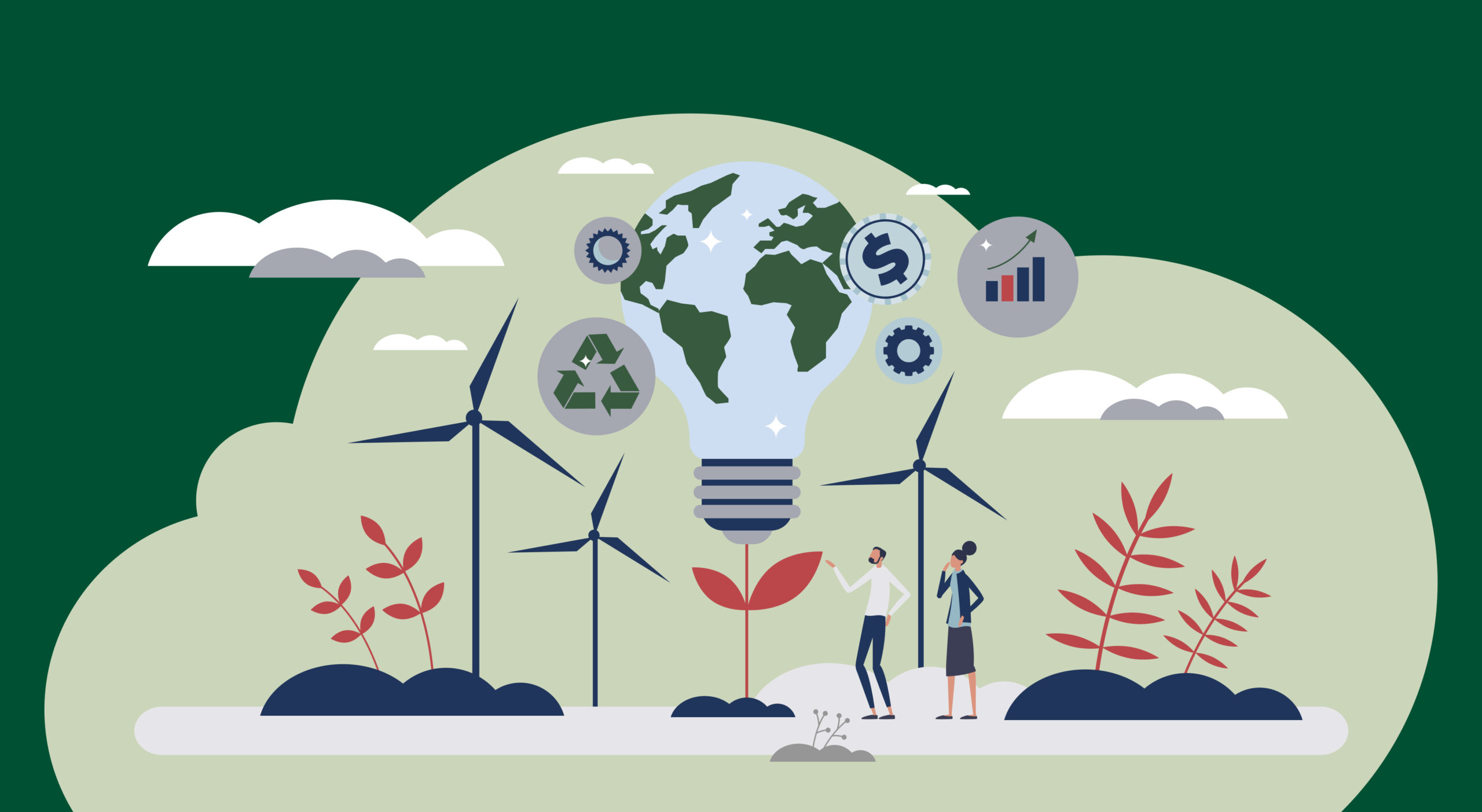
Interview with Dr. Richard Scholz
Using Impact Valuation to act responsibly – along the supply chain
-

A comparison of German and European supply chain laws
New supply chain laws: What do they mean for companies?
-
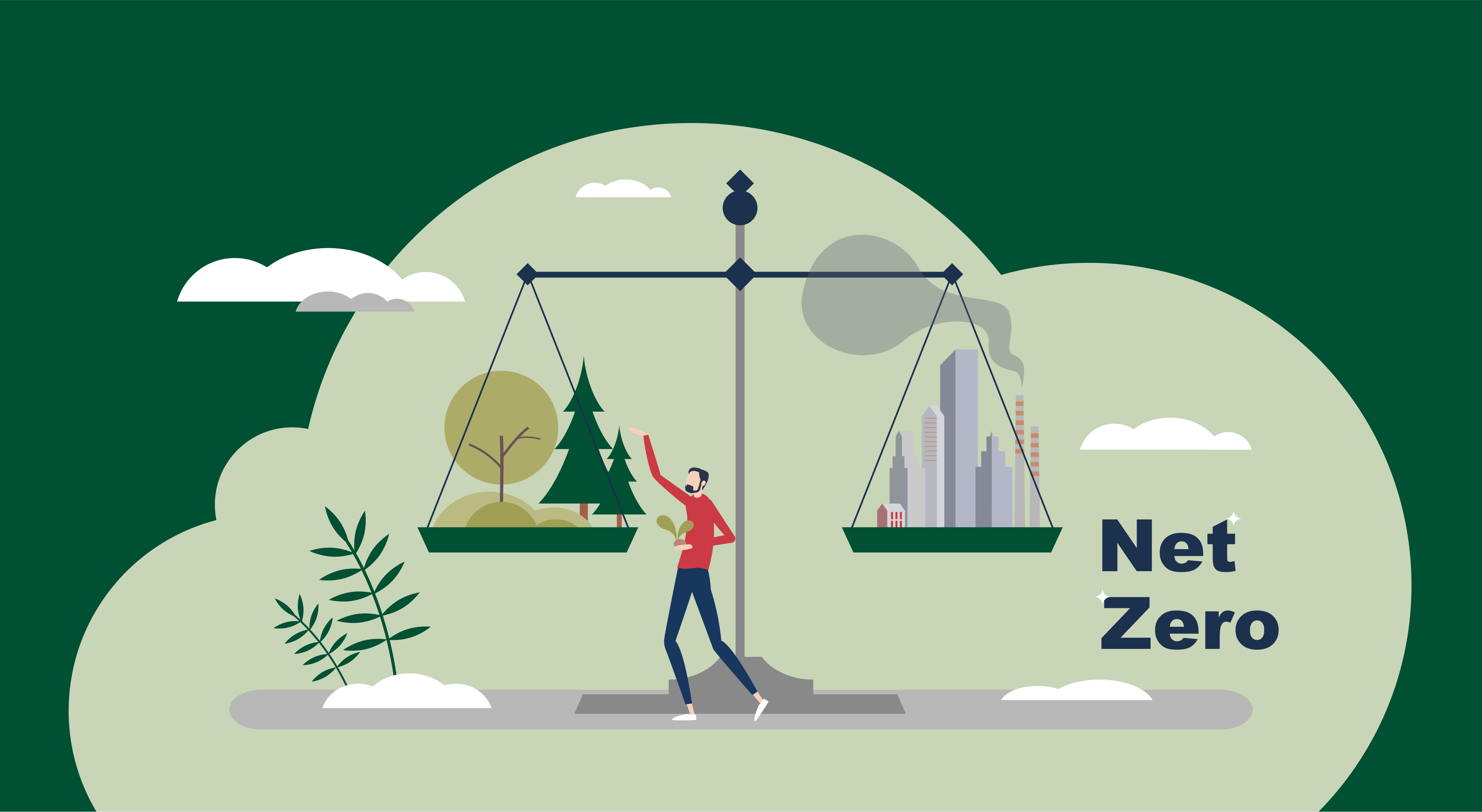
Nonfinancial Reporting
Net Zero – What does it mean for companies?
